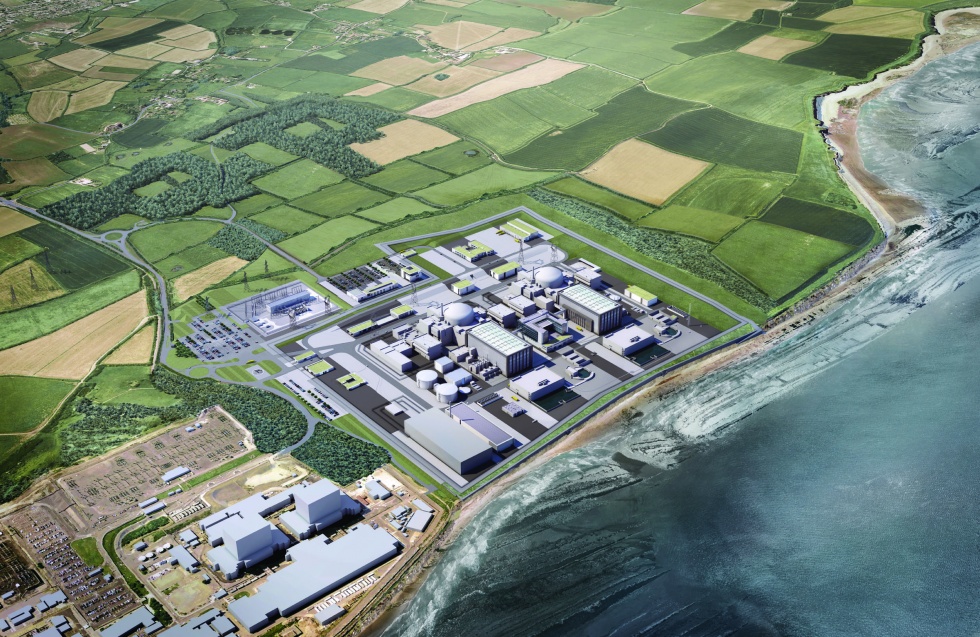The twin 3.2GW EPR reactor plant will now proceed after government asserted caveats contained within a new legal framework for future foreign investment in Britain’s critical infrastructure, including nuclear plants built after Hinkley.

A decision on the new power station was expected in late July following EDF’s commitment to proceed with Hinkley, but this was put back pending a further government review on the project.
Conditions accompanying today’s approval in principle include a clause preventing the sale of EDF’s controlling stake prior to the completion of construction without the agreement of ministers. The government will also be able to intervene in the sale of EDF’s stake once Hinkley is operational.
Furthermore, the British government will take a share in all future nuclear new build projects, preventing the sale of significant stakes without the government’s knowledge or consent.
Commenting on today’s announcement, Tom Greatrex, chief executive of the Nuclear Industry Association said: “The positive industrial impact of this project will be enormous with contracts already in place for Welsh steel, pumps made by Scottish companies and nuclear components from across England’s industrial belt.”
Dame Sue Ion DBE FREng FRS, a Fellow of the Royal Academy of Engineering, added: "The news sends a tremendous boost of confidence to the sector generally and I hope it will pave the way for positive investment decisions for the Hitachi reactors at Wylfa on Anglesey and the Westinghouse reactors at Moorside in Cumbria, which are expected to achieve licensed status very shortly.”
Adding a note of caution, Nick Baveystock, Institution of Civil Engineers director general, said: “Nuclear provides a good base load power source, but the new fleet is at least 10 years away from power generation and capacity margins are tightening. Technologies such as new combined cycle gas turbines, renewables and electricity storage must be driven forward, alongside demand management initiatives.”
Echoing these sentiments, Chris Kimmett, commercial manager at Open Energi said: “No matter what happens on the energy system we need fast acting distributed flexibility to keep the lights on.
“It is misguided to think that large-scale nuclear generation capacity confers security. Only yesterday we experienced a major energy crunch that saw UK electricity prices soar to record highs, following 1GW of unplanned nuclear plant shutdowns by EDF.
“Rather than guaranteeing security of supply, Hinkley’s scale provides us with an even larger single point of failure on the grid.”
Once built, Hinkley Point C will be rated to provide seven per cent of Britain’s electricity needs for sixty years. UK-based businesses are expected to benefit from over 60 per cent of the £18bn value of the project, and 26,000 jobs and apprenticeships will be created.




Swiss geoengineering start-up targets methane removal
No mention whatsoever about the effect of increased methane levels/iron chloride in the ocean on the pH and chemical properties of the ocean - are we...